The federal election has given rise to a surge of Western separatism
Nick Travis
Kicker
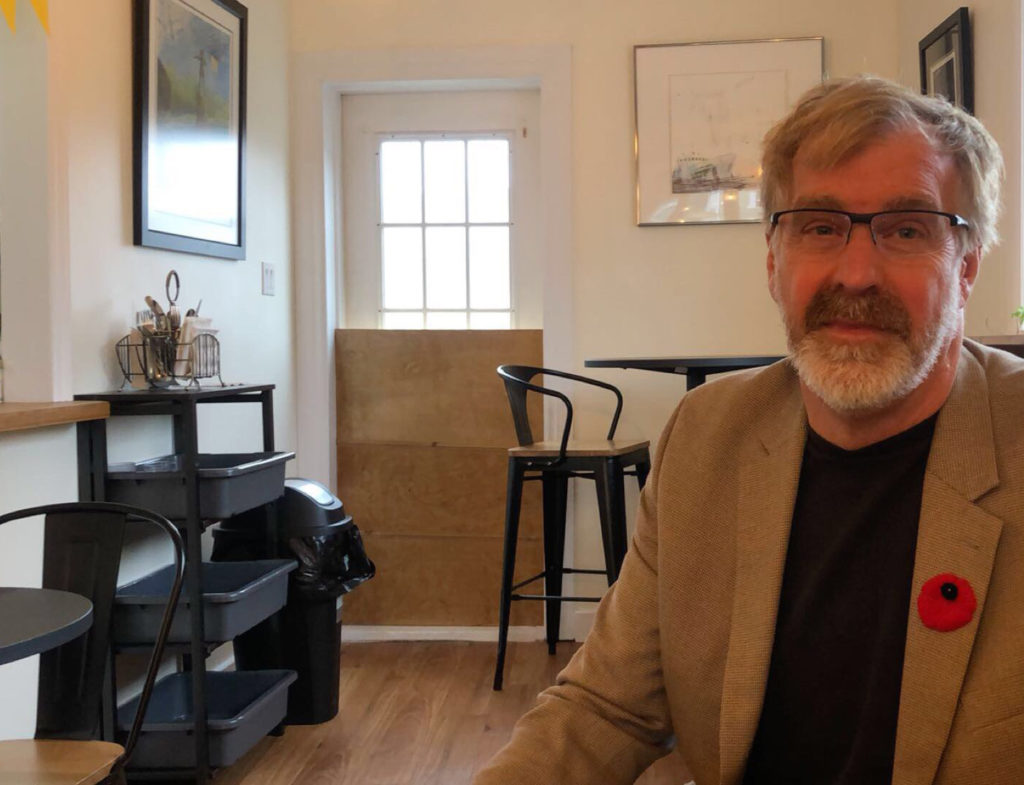
With Canada’s political parties split between the East and the West, there are concerns about the political divide.
Memorial University’s Stephen Tomblin doesn’t think the divide is among Canada’s citizens, but their politicians.
“A lot of it has to do with the fact that we have an interstate federal system which means the provinces are stronger than the national government, and we operate to a certain extent like an international community,” said Tomblin. “So we don’t really work closely together.”
Tomblin was born in Calgary when the population was only 150,000 and the tallest building was 10 stories. Calgary has now ballooned to over a million people with steel and glass towers dominating the skyline.
The current battle, he says, is a power struggle.
“… the reason that keeps coming up has to do with the power of the premiers and has to do with the premiers who have an incentive to whoop, whoop the local base in order to get more power. And so I think what Alberta is trying to do is increase their sovereignty.”
In the recent federal election, Alberta elected no Liberal MPs.
Lori Lee Oates, a faculty member with the humanities program at Memorial, says Ottawa deserves some blame.
“The way that the federal government is leading us has led to territoriality and has led to regionalization, because they really haven’t fostered Canadian unity sufficiently,” said Oates. “Instead of providing adequate leadership on national programs or things like healthcare funding, the federal government is negotiating these kind of one-off deals with provinces, and that has pitted provinces against each other.”
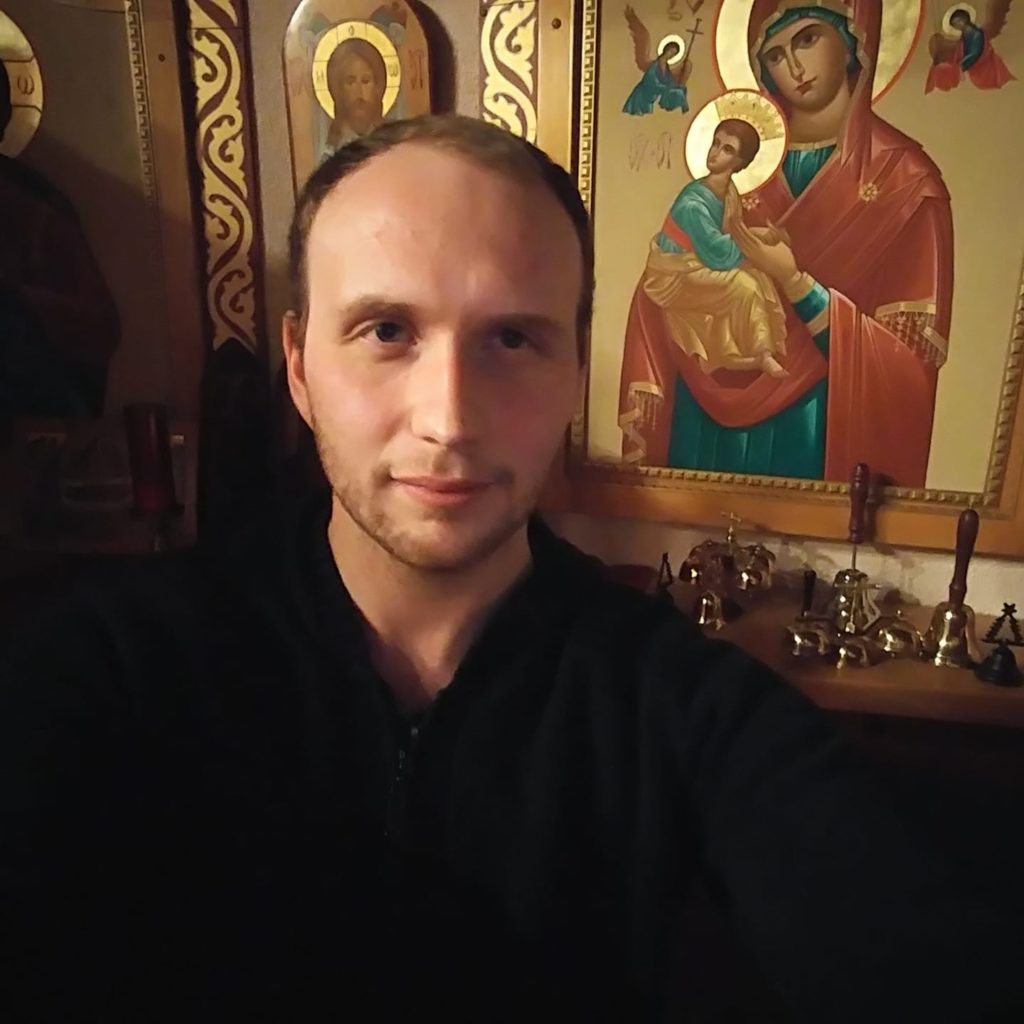
Journalist Kyle Greenham has spent his life moving between Newfoundland and Alberta. As someone who has been on both sides of the country, he has an understanding of the opposing views. Greenham thinks this push to solidify provincial power is a common trend in Canada that’s likely to continue.
“We may have a political future in this country where there’s more emphasis on the individual provinces having more say over their affairs,” said Greenham. “I think that that grievance could be a serious one in the political future, because you not only see it with Wexit, but the Bloc Québécois is kind of an example of that as well.”
“We should vote for whoever we feel best suits our needs…”
-Lori Lee Oates
Among all this infighting, Newfoundland and Labrador has been kicked around a bit on social media. Albertans have claimed that Newfoundlanders who have moved there for work owe it to the West to vote Conservative.
Oates believes Newfoundland and Labrador have more to grumble over than Alberta does
“If anybody’s got a need to be angry with the Canadian federation, it’s Newfoundland and Labrador,” said Oates. “We should vote for whoever we feel best suits our needs, and it’s highly undemocratic to suggest that anybody should vote any way, or that anybody owes you their vote.
Tomblin agrees.
“Well first, it’s silly, because there were more Liberal votes in Alberta than there was in Newfoundland and Labrador,” said Tomblin. “That doesn’t mean it was reflected in terms of seats.”
According to Statistics Canada, over 11,000 people have migrated from Newfoundland and Labrador to Alberta between 2014 and 2019. In that same time frame, over 85,000 Ontarians have moved to Alberta, and around 9,000 Albertans moved to Newfoundland and Labrador.
“I think if he’s going to have any success at all, he has to be bold.”
-Stephen Tomblin
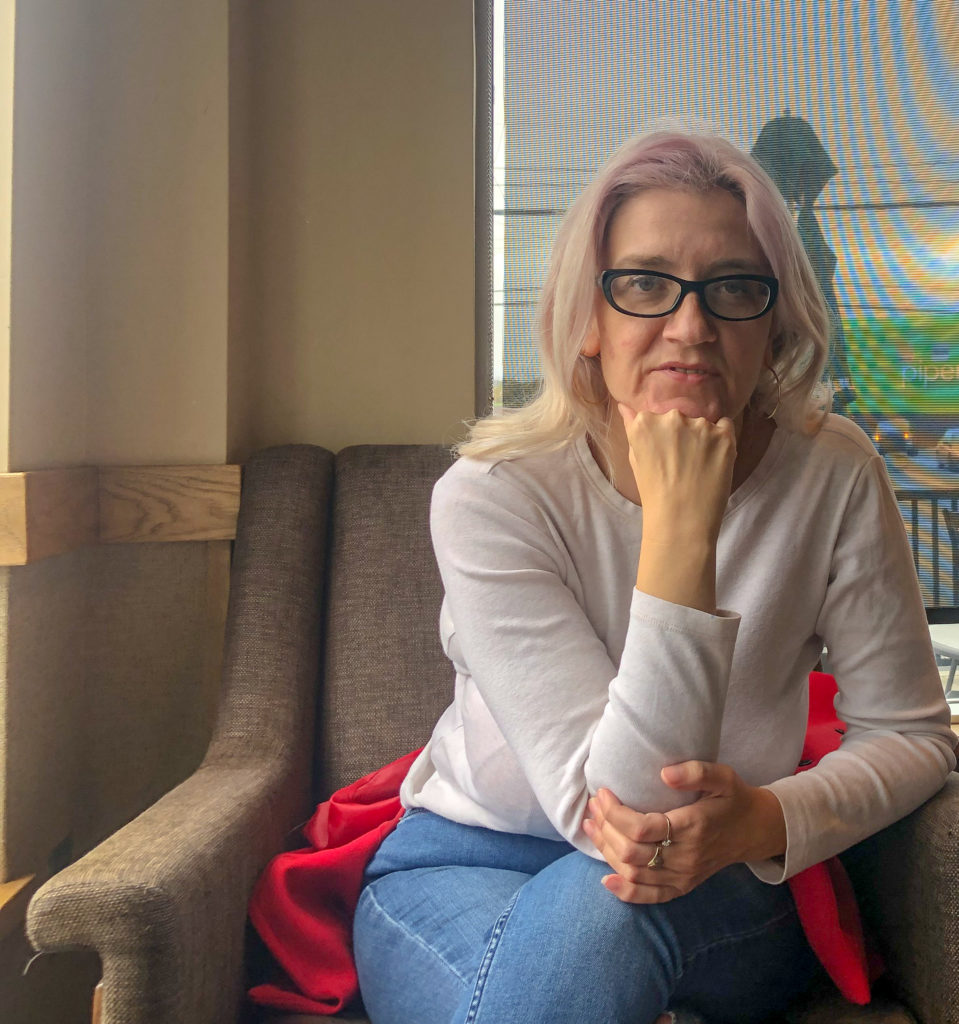
The federal government, says Oates, needs to move its focus from large cities like Toronto and Vancouver.
“They really didn’t do a good job of kind of reaching out to the East and the West,” said Oates. “I think there probably should have been more ministerial visits to Atlantic Canada and probably Alberta and the Prairies. I think if you look at where most of the ministerial visits were happening, they were probably happening in Toronto, Montreal, Vancouver.”
According to Tomblin, the federal government needs to work with all the provinces unilaterally.
“The federal government needs to focus on public policy,” said Tomblin. “They need to focus on citizens. What the prime minister needs to do is he needs to create pan-Canadian forums. He needs to do what he did before – talk about electoral reform. He needs to talk about core values. I think if he’s going to have any success at all, he has to be bold.”

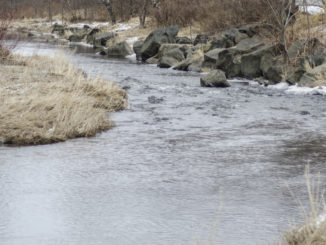

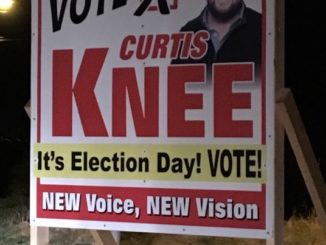
Be the first to comment